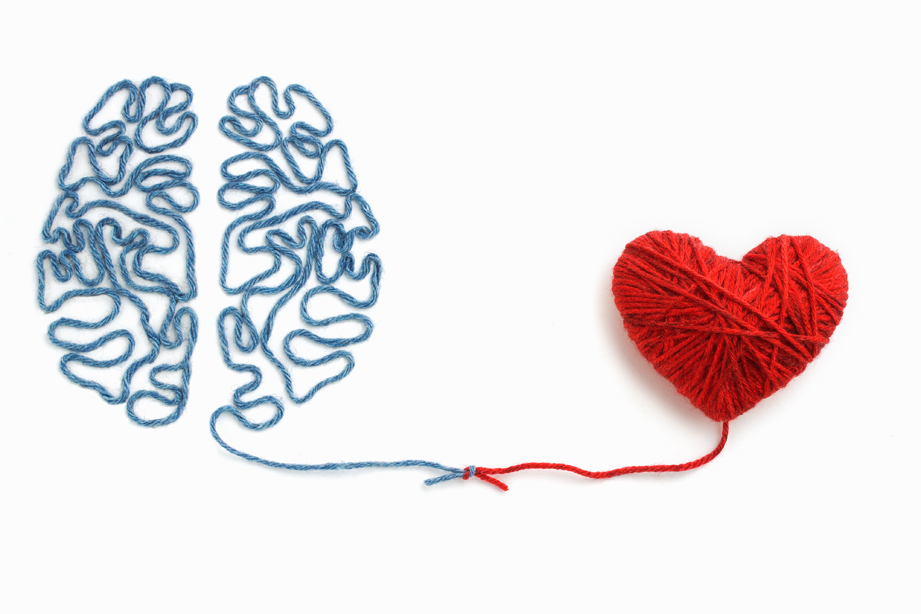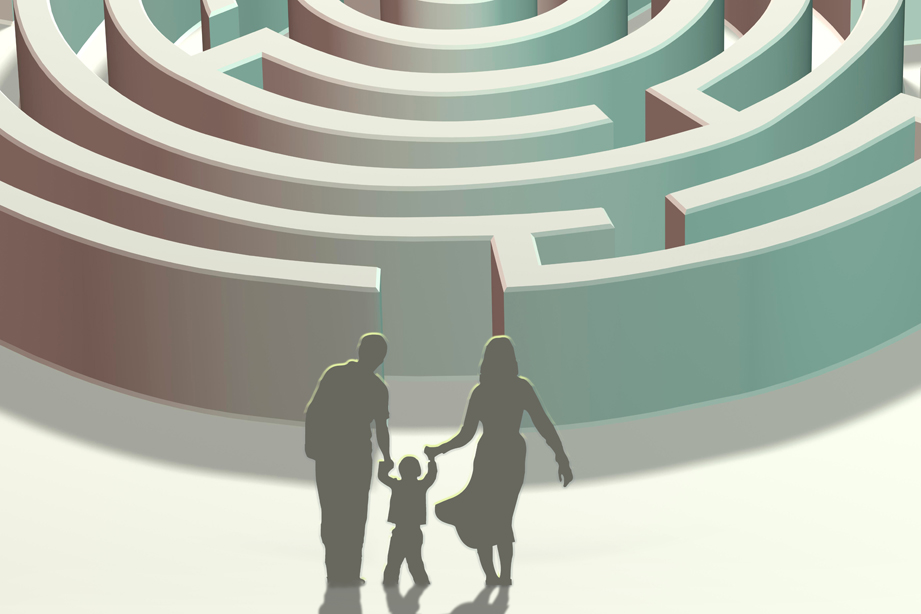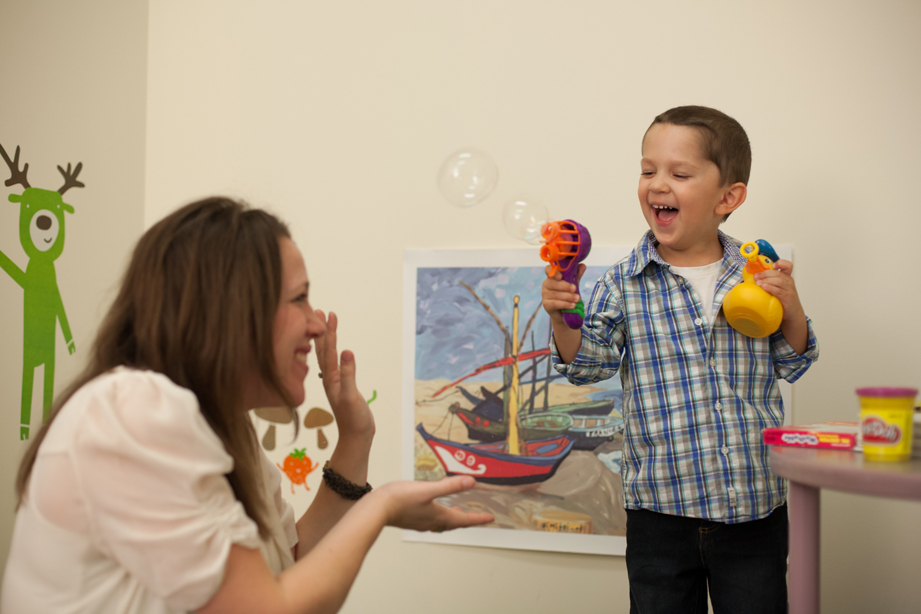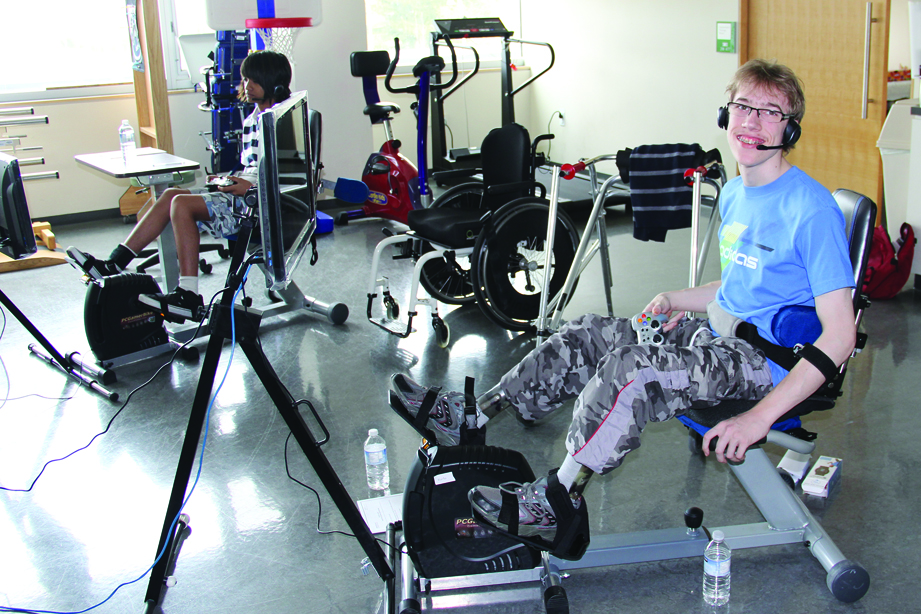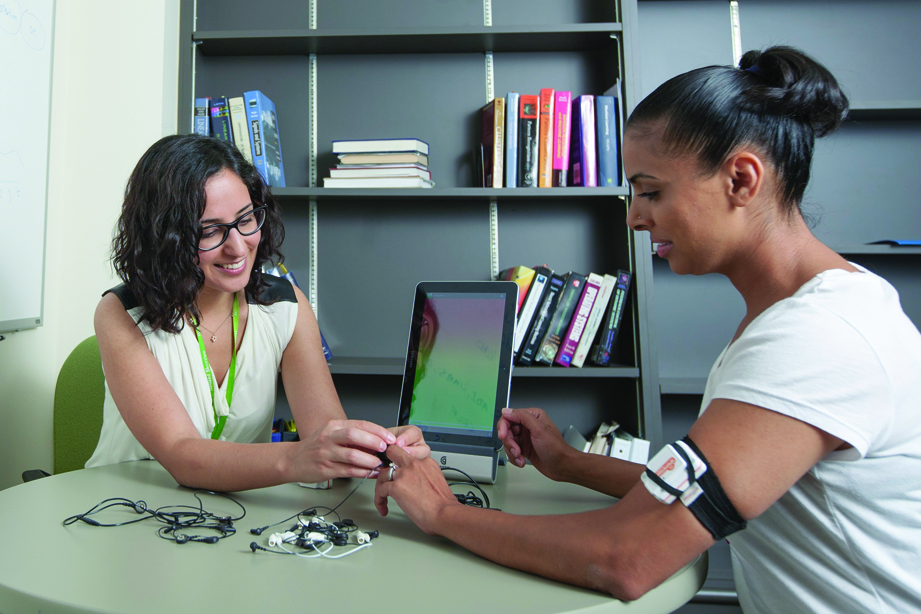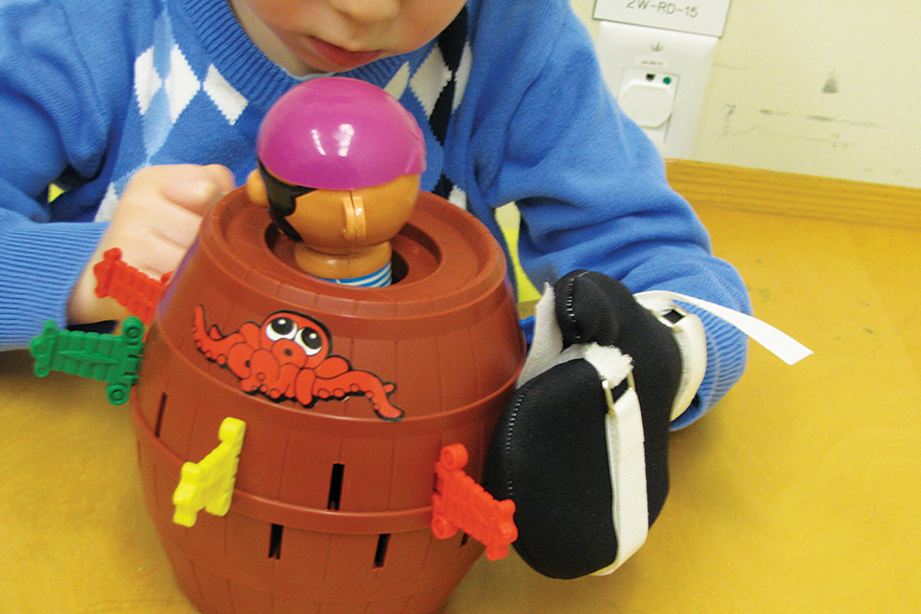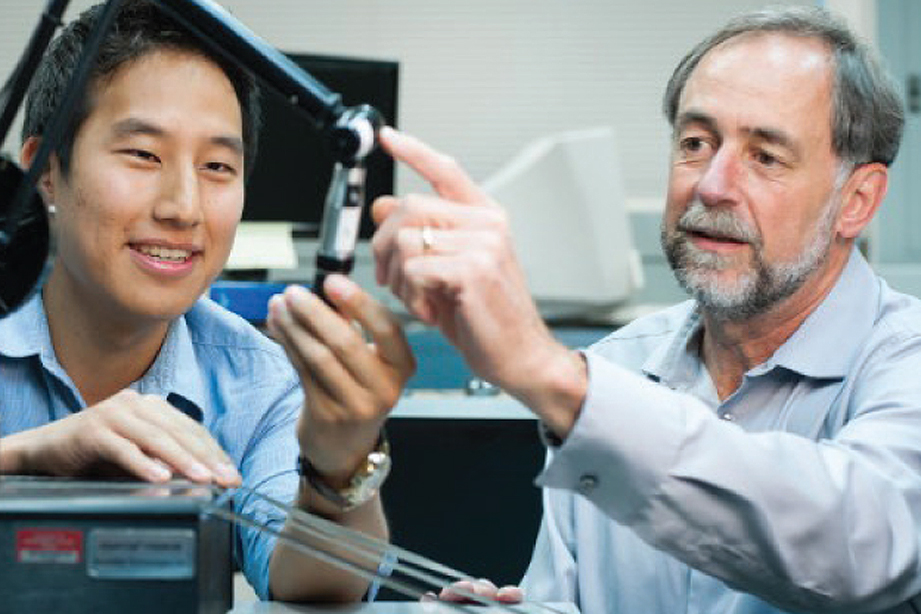Challenge Researchers from Kids Brain Health Network (KBHN)’s neuroethics core analyzed content from major English-language Canadian newspapers. They identified ways that the news is contributing to the stigma attached to fetal alcohol syndrome disorder (FASD). Articles often exaggerated the rate of FASD in Indigenous communities. These articles also implied that it is a hopeless or [...]
Navigation Resource Project
Nicolas Turgeon-Morin2023-05-04T06:55:00-08:00Challenge Findings from the Social Determinants of Health Program’s “Support Matters!” project has found that children with neurodisabilities have diverse needs at critical stages of their development, which require different forms of support and services. Parent focus groups further identified a need to improve the experience of navigating these various services. From this need, the [...]
The Canadian Action Framework for Social Change
Nicolas Turgeon-Morin2023-05-04T06:57:24-08:00Challenge There has historically been a lack of understanding of the social context of children with neurodisabilities and their family caregivers in Canada: how factors such as income, environment, education, and family life, known as the social determinants of health (SDOH), can impact their lives. Project Summary The Social Determinants of Health project, renamed “The [...]
Canadian Network for Personalized Interventions in Intellectual Disability
Nicolas Turgeon-Morin2023-05-04T06:59:13-08:00Challenge Intellectual disability (ID) affects 800,000 Canadians and is defined by challenges in cognitive functions and daily living activities. Individuals with ID frequently struggle with other issues such as anxiety, autism, epilepsy, sleep problems, and difficulty living independently. But managing an ID diagnosis presents many challenges: individuals must discover which resources are best for them, [...]
The Canada FASD Research Network National Data Form Project
Nicolas Turgeon-Morin2023-02-22T10:48:25-08:00Challenge While researchers know that FASD is a result of prenatal exposure to alcohol, the disorder presents in many different ways. It is important to better understand the presentation of FASD in Canada, patterns and the extent of neurobehavioural impacts, and recommended interventions and supports in order to mitigate adverse issues and maximize developmental trajectories [...]
Extending the Reach of Social ABCs Early Intervention: Community Expansion and Translation
Nicolas Turgeon-Morin2023-05-04T07:00:46-08:00Challenge Social ABCs is an intervention for toddlers who are showing social-communication delays or early signs of autism spectrum disorder (ASD). This intervention does not require waiting for a formal diagnosis. As a result, it allows a child to make progress during the critical stage when their brain is at its most “plastic” (capable of [...]
Combining Games and Exercise for Kids with Cerebral Palsy and FASD
Nicolas Turgeon-Morin2023-05-04T07:02:51-08:00Challenge Many children with brain-based disabilities face challenges when it comes to physical fitness. The use of exercise video games (termed exergames) provides a unique approach to engaging youth in physical exercise and social interaction with their peers. A team led by Darcy Fehlings (Holland Bloorview) and Nicholas Graham (Queen’s University) developed an exergame called [...]
Augmented Cognitive Behavioural Therapy for Anxiety (Anxiety Meter)
Nicolas Turgeon-Morin2023-05-04T07:28:49-08:00Challenge Anxiety is common among children and youth living with Autism Spectrum Disorder, and it can be very debilitating. An estimated 40 percent of young people with ASD also have at least one anxiety-related diagnosis, such as a phobia, social anxiety disorder or obsessive-compulsive disorder. We know that cognitive-behavioural therapy (CBT) can help with these [...]
Understanding the Cellular Mechanisms of Constraint-Induced Movement Therapy
Nicolas Turgeon-Morin2023-05-04T07:32:47-08:00Challenge One of the primary treatments for cerebral palsy (CP) is constraint-induced movement therapy (CIMT). CIMT immobilizes the stronger limb, forcing the patient to use – and hopefully improve function - in the weaker one. Our researcher team (led by Dr. Derek van der Kooy, University of Toronto) investigated why CIMT works. They believed it [...]
Using Technology to Improve the Lives of Children with Brain-Based Disabilities
Nicolas Turgeon-Morin2023-02-22T10:53:00-08:00Challenge Children with neurodevelopmental disabilities and their families have specific needs that are often left unmet by services. This fact necessitates a means of collecting and providing the skills, knowledge and expertise to address their concerns. Project Summary The TotTech team functions as an engineering hub to provide biomedical, mechanical and computer engineering expertise that [...]

